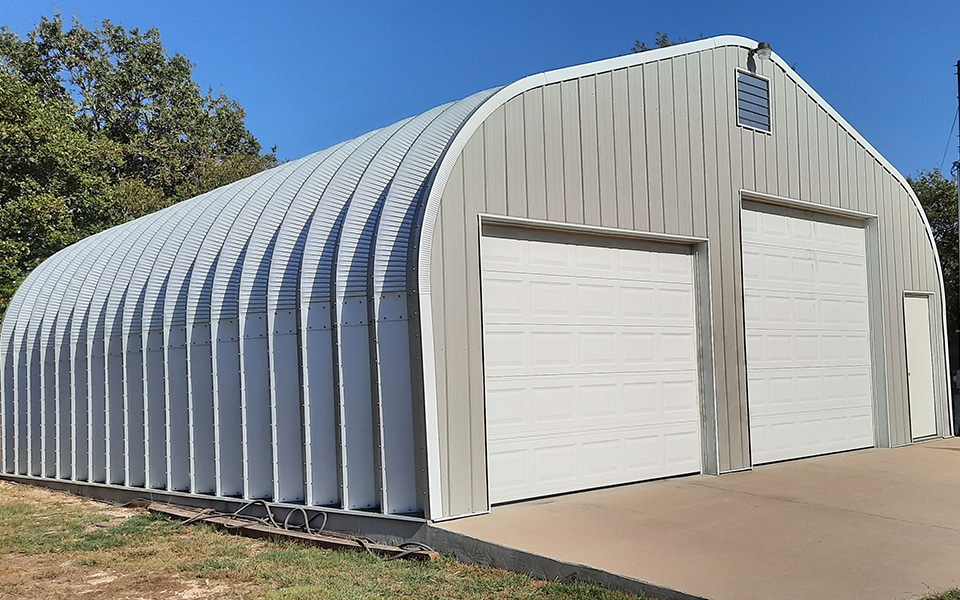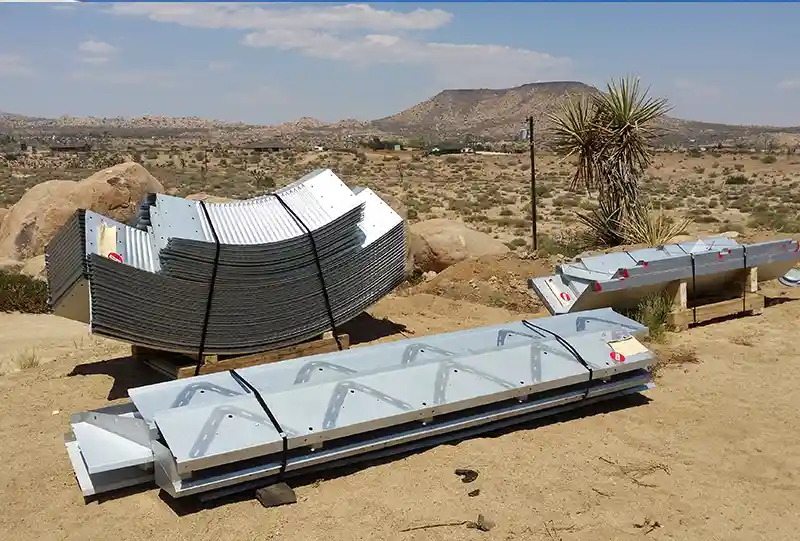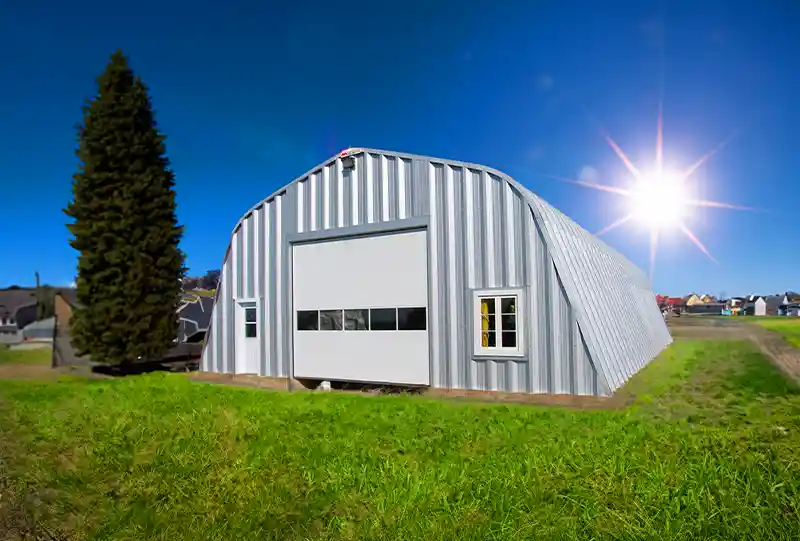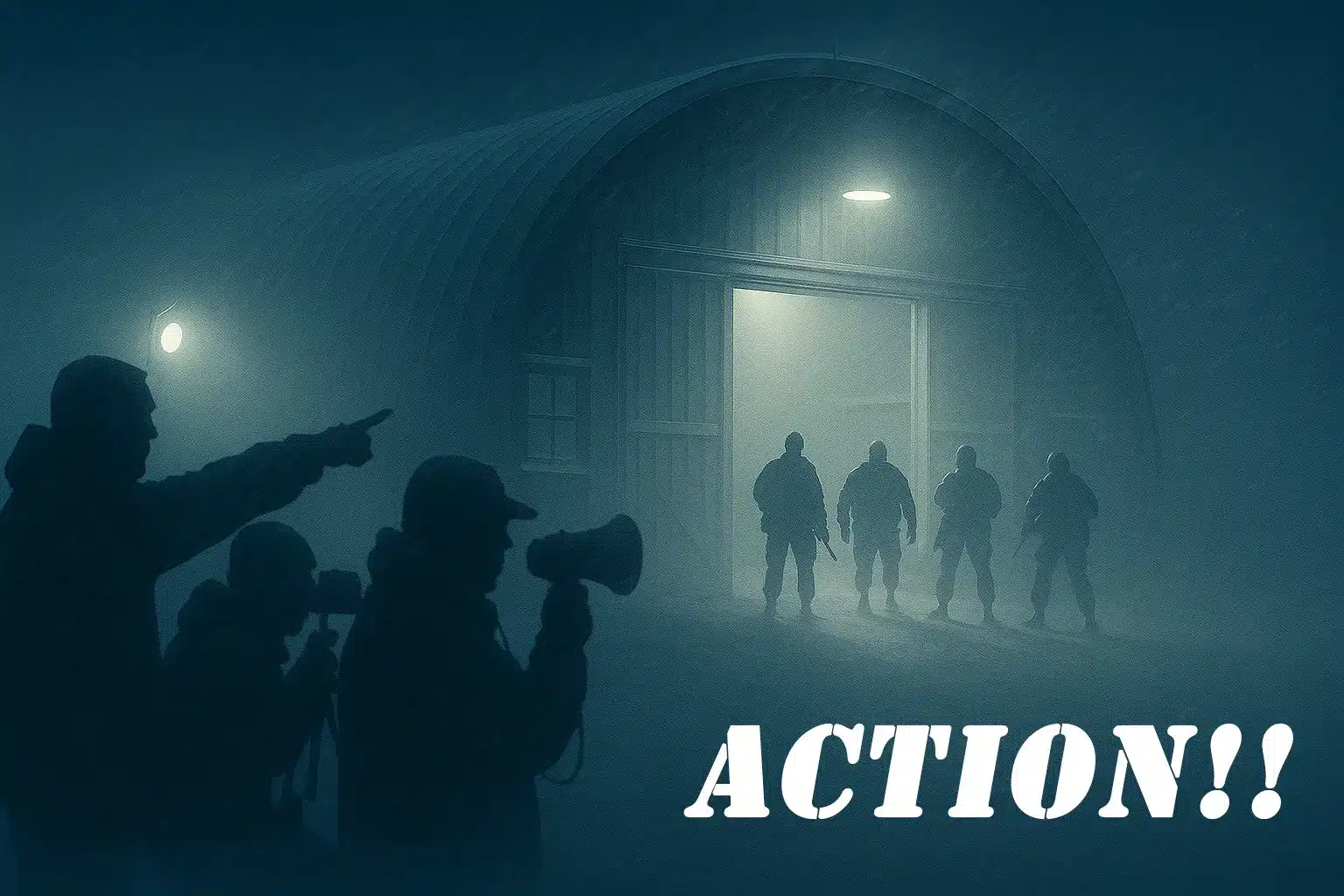Prefab Steel Building Foundation: 6 Important Things To Know

Proper planning is essential for any type of construction project if you want to achieve long-lasting results. This is especially true when it comes to prefab steel buildings, where the foundation plays a crucial role in ensuring the stability and durability of the structure. Choosing the right type of foundation is an important decision that requires careful consideration.
The following guide will provide you with all the necessary information to make an informed decision and ensure a successful installation process.


Your Prefab Steel Building Kit Is a Precision Item
Prefab steel buildings are precision items. This means that every component needs to be precisely engineered and manufactured to ensure a perfect fit during construction. Any errors or deviations can have serious consequences on the overall structure, including potential safety hazards.
Therefore, when choosing a foundation for your prefabricated metal building, it’s crucial to consider the accuracy and stability of the foundation. Any movement or settling can result in misalignment and compromise the structural integrity of your building.
Avoid Pouring Foundation Until You Have the Specifications
Never pour your foundation until you have the specifications from your prefab metal building manufacturer. Each type of building and location may require a different type of foundation, so it’s crucial to follow the recommendations provided. Following these specifications will ensure that your building meets all necessary codes and regulations for safety and durability.
Types of Prefab Metal Building Foundations
There are several types of foundations that can be used for prefab metal buildings, each with its own advantages and disadvantages. Some common options include:
Slab Foundation
A slab foundation is a concrete pad that is typically 3-6 inches thick and poured directly onto the ground.
Pros
Cons
Pier Foundation
Pier foundations involve using cylindrical concrete pillars to support the structure. These pillars are usually placed 8-10 feet apart and extend deep into the ground to provide stability for the building.
Pros
Cons
Perimeter Walls
Perimeter walls are a combination of both slab and pier foundations. This type of foundation involves pouring a concrete wall around the perimeter of the building, with piers placed at strategic points for additional support.
Pros
Cons
The Best Foundation Depends on a Number of Factors
Ultimately, the best type of foundation for prefab metal building will depend on several factors, such as soil conditions, climate, and building size. Consulting with a professional builder or engineer can help you determine the most suitable option for your specific needs.
Tips for Pouring Metal Building Foundation
If you are pouring a foundation for your prefab metal building, here are a few tips to keep in mind:
Get a Variety of Prefab Steel Buildings at the Best Prices and check out our clearance building specials.
At Future Buildings, we offer a wide range of customizable prefab steel buildings to suit your specific needs and budget. Our team of experienced professionals can help guide you through the process of choosing the right type of foundation for your building. Contact us at Future Buildings by calling 1-800-668-5111 to request a building quote today. Also, feel free to check out our sister company, Toro Steel Buildings.
Related posts
One Comment
Leave A Comment








LOOKING FOR A PRICE ON A 30″ X 50 ” STEEL BUILDING A STYLE